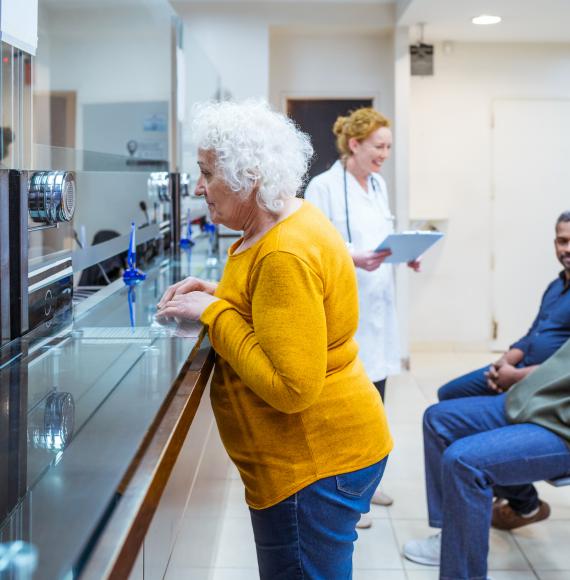There are of course many areas for change needed to tackle the climate crisis, especially when looking at the challenges of decarbonising medicines and the innovation needed to combat this.
During our NHE365’s Net-Zero NHS event Dr Thomas Daniels, Consultant Cystic Fibrosis and Respiratory Physician, Clinical Lead for Environmental Sustainability, at the University Hospital Southampton FT, explained some of the work he was involved in where patients could make an impact on this when it comes to the disposing of inhalers.
“As healthcare professions we have a key role in reducing carbon emissions. Within our own organisations we need to embed sustainability.
“Patients can also impact this by returning their inhalers to chemists, only taking so many puffs, and switching to alternatives such as powder or dry mist. This can have a huge impact on the environment and costs on hospitals."
According to the 2017-2019 UK Progress on reducing F-gas Emissions report, metered-dose inhalers accounted for 3.5% of NHS greenhouse gas emissions. Their research showed that if one in every 10 inhalers were replaced with dry powder inhalers for example, the carbon dioxide equivalent emissions would be reduced by 58 kilotonnes.
Dr Marcia Philbin, Chief Executive, at the Faculty of Pharmaceutical Medicine reiterated the point of how patients can make an impact too and the need for change around this: "There needs to be better dialogue between the patient and clinicians, in terms of appropriate prescribing.
"What happens to those medicines otherwise or the patients' condition if not appropriately prescribed?"
Dr Lucy Brooks, Leadership Fellow in Climate Change and Anaesthesia, at Health Education England, spoke of the importance of taking action in all aspects of the hierarchy: "We need leaders in hospitals who are champions for innovation.
"96% who responded [to our research] told us that environmental sustainability affects the choice in the anaesthetics they choose.
“So, we also need to make it easy for people to dispose of drugs [anaesthetists] properly as well, so they don't end up being thrown in the sink for example.
“We need them to see the [climate impact] as a matter of urgency, rather than a luxury."



















